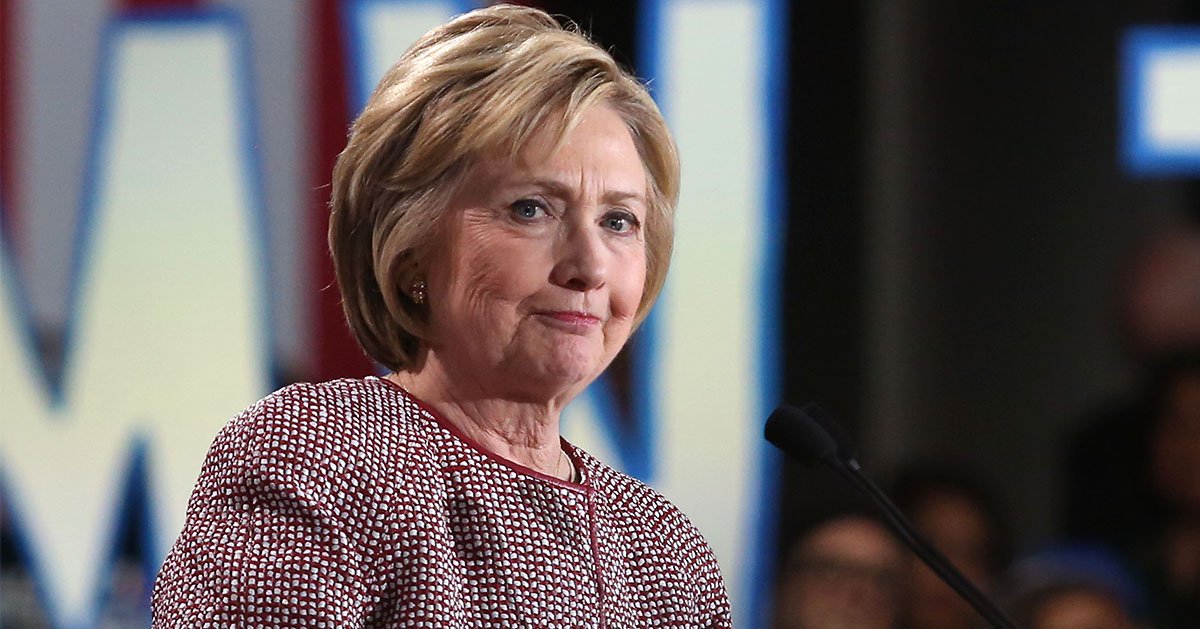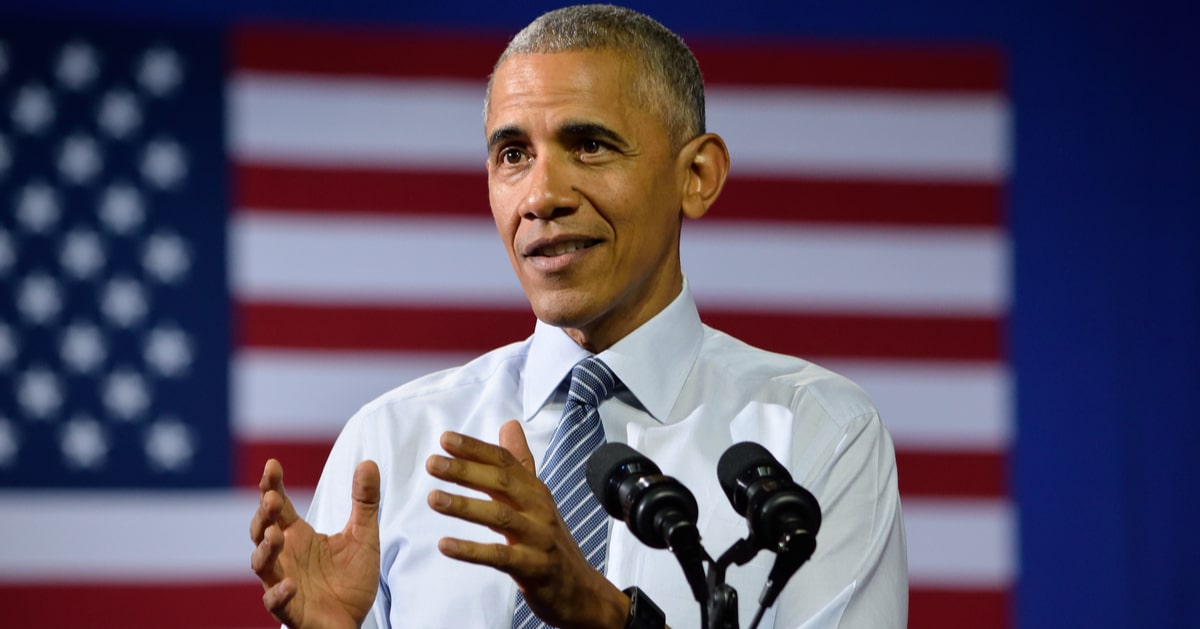Fox News reported that Harris' record as a prosecutor is under examination during her presidential campaign over controversial practices and decisions.
Harris served as the District Attorney of San Francisco from 2004 until 2011. Her role was extended to state-level judiciary concerns when she assumed office as the Attorney General of California in 2011, a position she held until 2017.
During this period, Harris implemented and oversaw numerous legal actions and policies that are now under scrutiny.
Harris has been criticized for upholding stringent criminal justice policies. These actions include protecting sanctuary city statutes that prevent the deportation of illegal immigrants with criminal records, an issue that highlights the complexities of immigration and criminal law intersections.
Controversial Decisions on High-Profile Cases
One of the emblematic cases Harris dealt with involved Edwin Ramos Umaña, an illegal immigrant and member of the MS-13 gang, who remained unpunished under the death penalty for a triple homicide in 2008.
She also refrained from seeking capital punishment for David Lee Hill, convicted of murdering a police officer in 2004. Her stance on these cases drew criticism from various law enforcement agencies and officials.
Adding to the controversy, after a federal judge ruled California's death penalty unconstitutional in 2014, Harris chose to challenge this decision, highlighting her convolution on the death penalty.
Harris supported laws like Jessica’s Law in 2006, which imposed constraints on sex offenders.
Later, however, she instructed her subordinates to disregard certain aspects of this law concerning parole restrictions, displaying a tendency to modify her stance on previously supported regulations.
Another significant aspect of Harris’s tenure was her approach to truancy. Parents whose children repeatedly missed school faced her tough prosecutorial tactics, leading to fines and even jail time under policies she enacted.
Furthermore, Harris’ office was involved in multiple controversial legal defenses, including efforts to uphold wrongful convictions. This was notably visible in cases like Baca v. Adams, where the courts criticized her stance towards evidence that could have exonerated convicted individuals.
Challenges with Law Enforcement Misconduct
In an incident that significantly tainted the San Francisco District Attorney’s office, more than 600 cases were dismissed due to police laboratory misconduct under Harris’ watch. These dismissals cast a long shadow over her record, raising concerns about her leadership during crises involving law enforcement integrity.
Despite court findings suggesting the innocence of prisoners like Daniel Larsen and Efrain Velasco-Palacios, Harris continued to contest their exonerations, doubling down on her office’s original convictions. This approach drew substantial critique from legal observers and the public, suggesting a pattern of prioritizing prosecutorial success over justice.
In examining Kamala Harris’s prosecutorial legacy, one finds a complex portrait of a lawyer and a politician willing to make unpopular decisions amidst a nuanced web of legal, ethical, and political pressures.
Her actions and the consequential backlash play crucial roles in her presidential campaign narrative, influencing perceptions of her commitment to civil liberties and justice reform.
Kamala Harris’s career is a testament to the challenges and responsibilities that come with holding prosecutorial power. Her controversial decisions continue to ignite debate among voters, law enforcement entities, and advocacy groups, reflecting the delicate balance between law enforcement and civil rights advocacy.
As Kamala Harris embarks on her presidential campaign, the scrutiny of her past actions as a prosecutor remains a focal point.
These discussions not only influence her public image but also reflect broader societal concerns over criminal justice policies and the role of discretion in the prosecutorial process.
Conclusion
In conclusion, Kamala Harris’s judicial tenure, characterized by her decisive stands on the death penalty, sanctuary policies, and prosecutorial practices, continues to be a cornerstone of her political and personal evaluation as she seeks the highest office in the land.
As voters and critics alike delve into her past, the story of her career unfolds, revealing both challenges and achievements that shape the narrative of her presidential aspirations.














